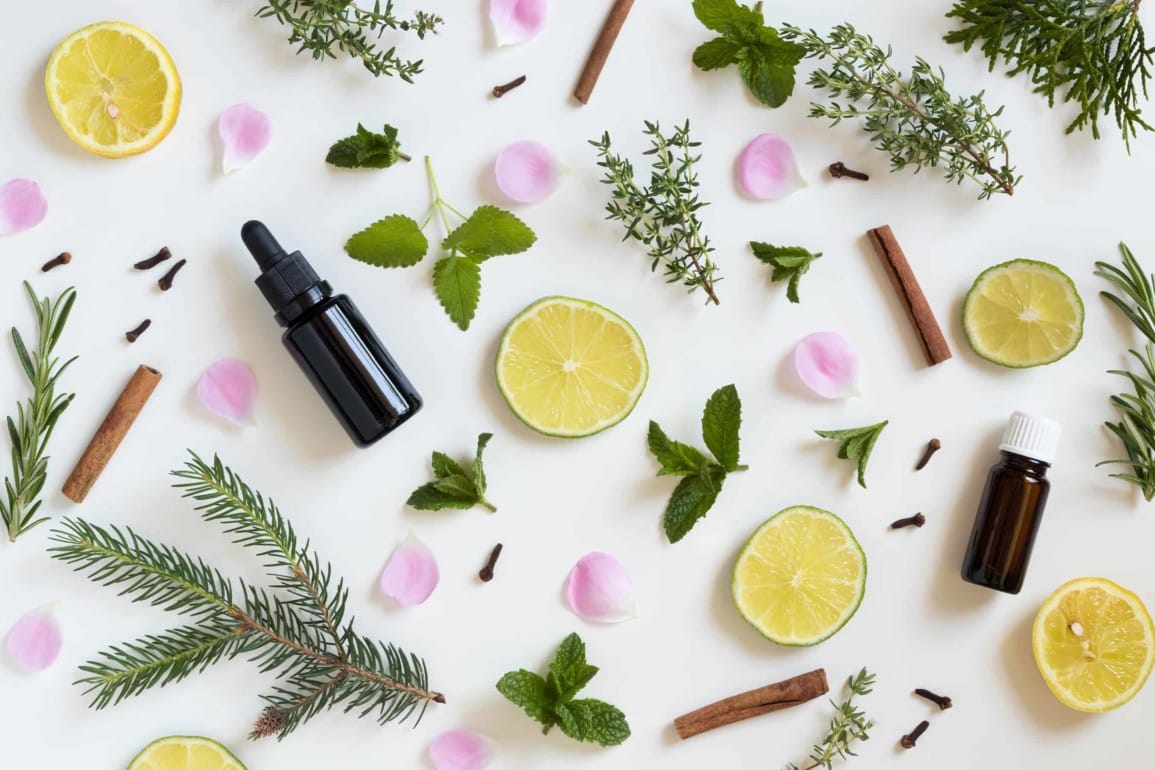So, you’re struggling to fall asleep at night? Today we’ll explore the best essential oils for sleep.
You’re not alone. Around 70 million Americans suffer from some kind of sleep disorder. On top of that, about 4% of adults say that they rely on prescription pills to help them drift off at night.
Could one or more of these 12 wonderful essential oils to help you sleep be the solution?
While some people need specific treatments for their sleep disorders, others want an extra push to help them relax and unwind when it’s time to go to bed.
If you’re in need of some extra assistance with your slumber, but you don’t want to be dependent on prescription drugs or over-the-counter medication, you’ve come to the right place.
Essential oils is aromatherapy to unblock the sinuses, relax the nervous system, and get your body ready for sleep.
All you need to do is figure out which essential oils are best for sleep in your situation. Maybe you need essential oils for snoring, maybe for anxiety or nightmares.
Here’s your guide to the best essential oils for sleep.
What is the best essential oil for sleep?
The first thing you need to know is that there’s no one-size-fits-all when it comes to essential oils that help you sleep.
Aromatherapy can have a positive impact on anyone’s sleep cycle.
You’ve probably noticed the impact that your sense of smell can have on your memory and emotions before. The human sense of smell is wired directly to the brain’s centres for memory and emotion.
That’s why the smell of cinnamon can instantly get you in the mood for autumn, or the scent of freshly cut grass makes you think of spring.
Smell is unique among our senses because it’s the only thing that produces a direct response from the emotion and memory centre.
While everyone responds to smell on a deep, emotional level, not all smells will affect all of us in the same way. Some people will think that bergamot and sandalwood are the best essential oils for sleep and anxiety. Others will find that these scents make them feel more alert and awake.
The key to success is experimenting to find out what essential oils help you sleep. Even if you end up trying dozens of different aromas, you won’t need to worry about many side effects.
Unlike medications and over-the-counter drugs, the best essential oils for sleep and anxiety are natural remedies that don’t cause unwanted symptoms like headaches or daytime drowsiness.
Additionally, essential oils don’t cause the same issues with dependence or addiction that some users can experience when they take sleeping pills.
So, which essential oils are best for sleep?
We’ve searched the web and conducted extensive research to find the fragrances most conducive to a peaceful night of restful slumber. Here are our top choices of the essential oils that are most likely to help you drift off tonight.
Before we continue check out these great products on Amazon.
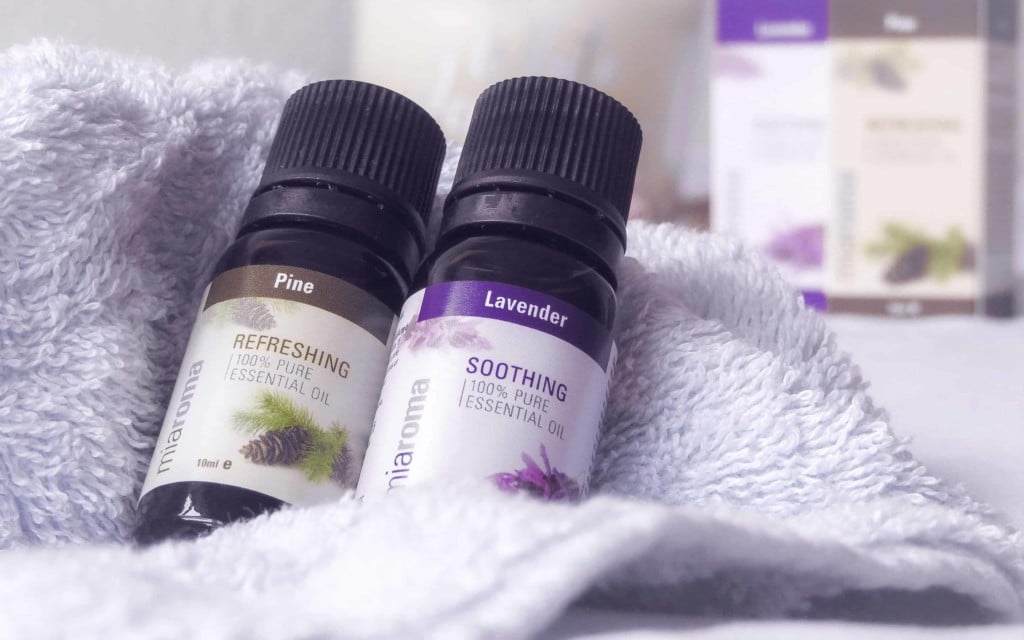
1. Lavender
Let’s start with the most obvious choice in a good essential oil for sleep. Lavender essential oil is one of the most widely studied options, when it comes to relaxation.
One study found that aromatherapy using lavender oil significantly calmed the nervous system, reduced the heart rate, blood pressure, and skin temperature. Lavender oils can even assist in altering the brain waves to induce a more relaxed state.
Lavender isn’t just great for relaxation; it’s also one of the best essential oils for stress and sleep too. Lavender aromatherapy can reduce depression and anxiety in women with postpartum depression and has been found to reduce anxiety in many medical settings.
So, how does lavender work? Well, according to scientists, the soothing scent stimulates the brain pathways responsible for emotional response.
Lavender has a direct impact on the limbic system, and studies using EEG technology and brain imaging have found significant changes in the brain following lavender aromatherapy treatments.
Aside from being incredibly useful according to most studies, lavender also benefits from being a very safe treatment. Except for those with allergies to the flower. If you’re applying it to your skin, however, you’ll need to be cautious. Lavender oil can sometimes have estrogenic effects in males.
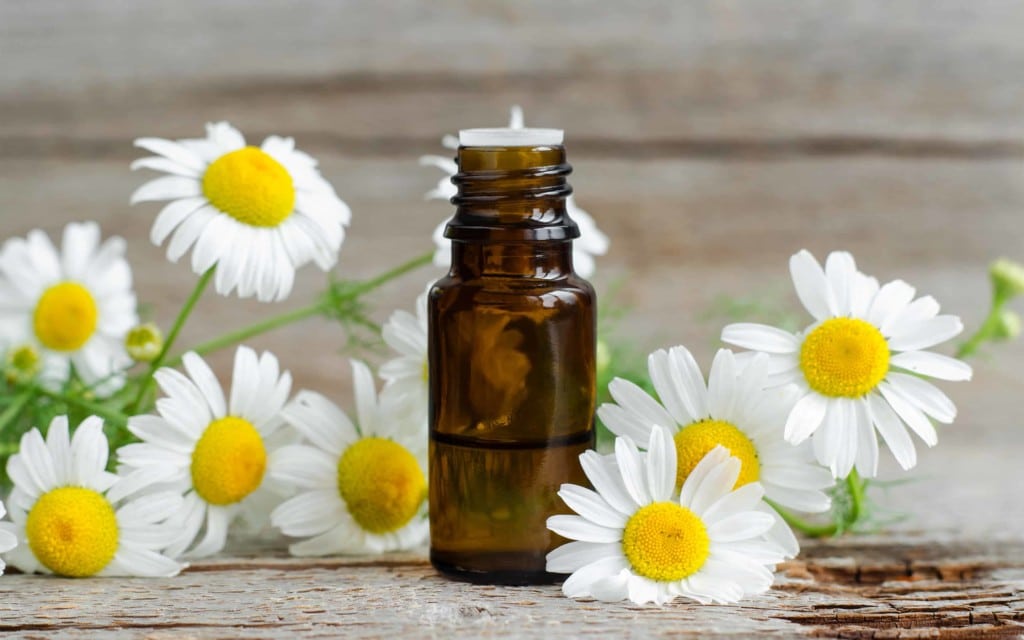
2. Chamomile
Chamomile is another well-known option in the list of the best essential oils for sleep. The chances are you’ve already used this herbal substance in tea.
For centuries, chamomile has been commended as one of the best plants for inducing feelings of peace and calm. Chamomile oil is also regarded to be one of the best essential oils for peaceful sleep and insomnia.
Chamomile works in a very special way to tackle the issues associated with poor sleep. When used as part of an aromatherapy treatment and inhaled by a patient, the vapors from chamomile reduce something called ACTH.
ACTH is a hormone induced by feelings of stress, which can keep the brain active and make it harder for you to fall asleep. By reducing your exposure to stress-based hormones, chamomile can have a sedative effect on the mind.
Like lavender, chamomile is a safe option for most people. However, when you’re wondering which essential oils are best for sleep, it’s best to discuss your options with your doctor.
Chamomile may be associated with the stimulation of early contractions in pregnant women. Because of this, most doctors won’t recommend using chamomile if you’re expecting.
3. Citrus
Most people assume that citrus plants are more likely to be associated with focus and wakefulness than sleep. However, if you’re looking for a way to reduce your feelings of stress or anxiety before bed, then lemon and yuzu could be the perfect choice.
One study conducted in Japan found that the citrus scent of these plants can reduce your anxiety and lower your heart rate within as little as ten minutes.
Often, the most traditional way to use lemon or yuzu for sleeping and insomnia is to add a couple of drops of the essential oil to a bath before you go to bed.
The hot bath combined with the scent can be deeply relaxing. However, some people do find citrusy scents to be stimulating, and responsible for increasing heart rate, so you’ll need to experiment to see if it works for you.
Another citrus fruit worth trying is citrus bergamot — a fruit somewhere between a lemon and a bitter orange.
Bergamot oil has been used in traditional medicine for many years to relieve anxiety and tension. Five out of six clinical studies into bergamot essential oil and aromatherapy found it to be one of the best essential oils for sleep.
Bergamot oils can potentially reduce blood pressure, heart rate, stress, and chronic pain. Some EEG based studies have even found that bergamot can even change your brain wave patterns.
4. Ylang-ylang
Ylang-ylang is a sweet and flowery substance that’s commonly mentioned in lists discussing good essential oils for sleep. These oils are extracted from the flower of tropical trees found in Southeast Asia.
The aroma of ylang-ylang has been shown to decrease blood pressure and induce relaxation in various clinical studies.
One study into the best essential oils for sleep and anxiety found that ylang-ylang aromatherapy calmed the nervous system by reducing blood pressure and heart rate.
The report suggested that this particular flower is useful for rest because it helps to put you in a better mood when you’re settling into bed — making slumber easier to achieve.
One point to keep in mind when you’re using ylang-ylang for insomnia is that it’s important to use this substance with a carrier oil. Many people find ylang-ylang oils to be very potent, which means that they can commonly irritate the skin and cause itchiness.
Another little warning here; ylang-ylang is known to be one of most powerful aphrodisiacs.
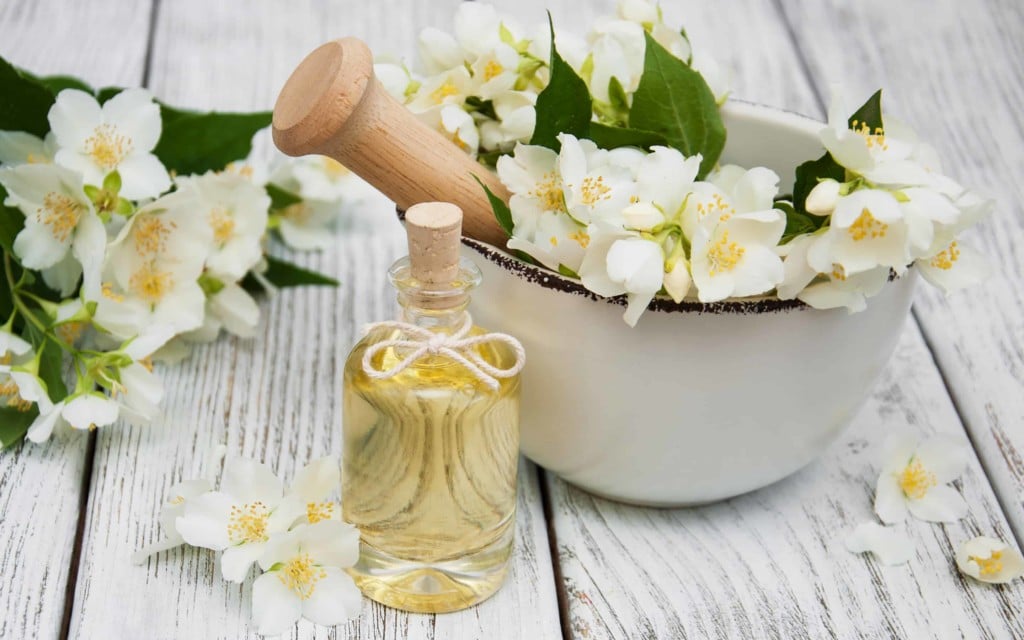
5. Jasmine
When it comes to discussing what essential oils help you sleep, jasmine often appears in conversations about relaxing teas and beside plants.
Although jasmine has a moderately sweet aroma, many people also find it very relaxing and comforting. In one study, the fragrance of jasmine tea was deemed to be enough to settle the mind and encourage relaxation.
The effects of jasmine oil on sleep are less researched than options like lavender and chamomile. The research we do have is positive. Jasmine has been shown to be a fairly promising elixir for sleep in numerous trials.
One researcher discovered that people sleeping in rooms infused with the smell of jasmine slept more peacefully.
The same study also pointed out that the people in the research felt more alert later in the day after sleeping with the help of jasmine oil.
6. Clary sage
Most people are familiar with the herb “sage” as part of their selection of common kitchen staples. However, although clary sage is related to the common sage herb, it’s a very different plant.
Notably, this particular kind of sage is one of the best essential oils for sleep, thanks to its natural sedative effects. Clary sage promotes a calming experience that helps people to fall asleep and stay asleep for longer too.
Research into which essential oils are best for sleep has found that clary sage can reduce the level of hormones associated with stress in your system.
This could mean that smelling this aroma before you go to bed will help your body to relax and prepare for a better quality of slumber.
Some studies even suggest that clary sage essential oils are effective in helping people to relax during dental and medical procedures. If this substance can help you relax when you’re in a dentist’s chair, it’s sure to have an impact on your insomnia also.
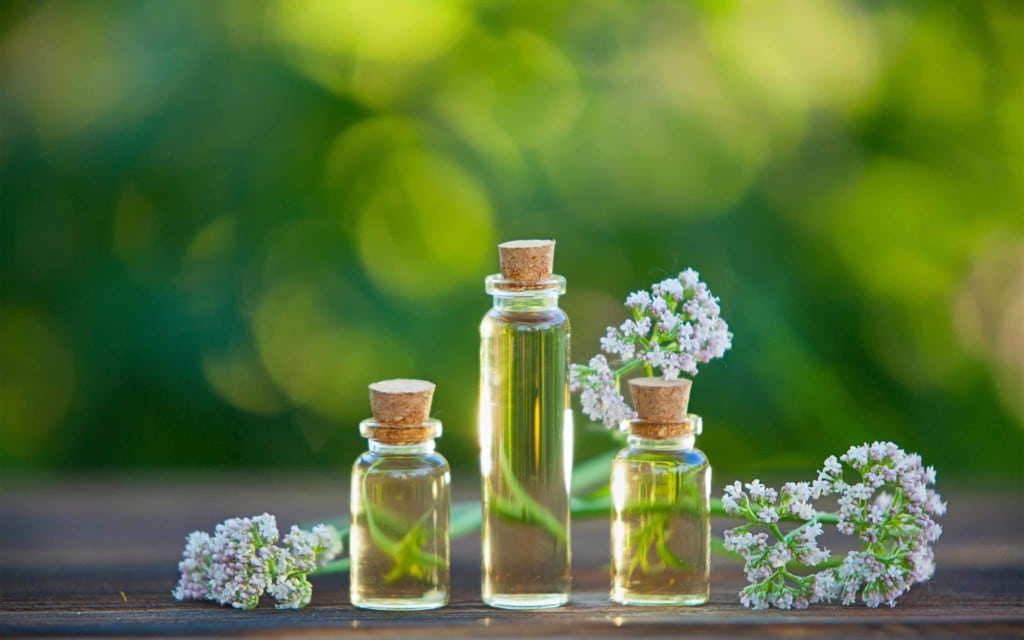
7. Valerian
Valerian is a root that shows up regularly in discussions about the best essential oils for sleep and anxiety. Available in the form of extracts, teas and diffusible oils, valerian is great at regulating the natural circulation of hormones throughout the human body.
This unique natural substance calms the nervous system, limiting tension and shortening the amount of time it takes to fall asleep. If you’re looking for a way to fall asleep faster and achieve a deeper quality of sleep, then valerian essential oil could be the ideal choice.
The medicinal effect of the oil from these flowers dates all the way back to Roman and Greek times. For centuries, cultures have relied on valerian to help them fall asleep quickly and wake up feeling more energised.
Although valerian isn’t as well known as lavender and chamomile yet, it’s used regularly in many circles to deliver relief from nervous tension, restlessness and more. What’s more, valerian doesn’t cause any unwanted hangover effects or drowsiness either.
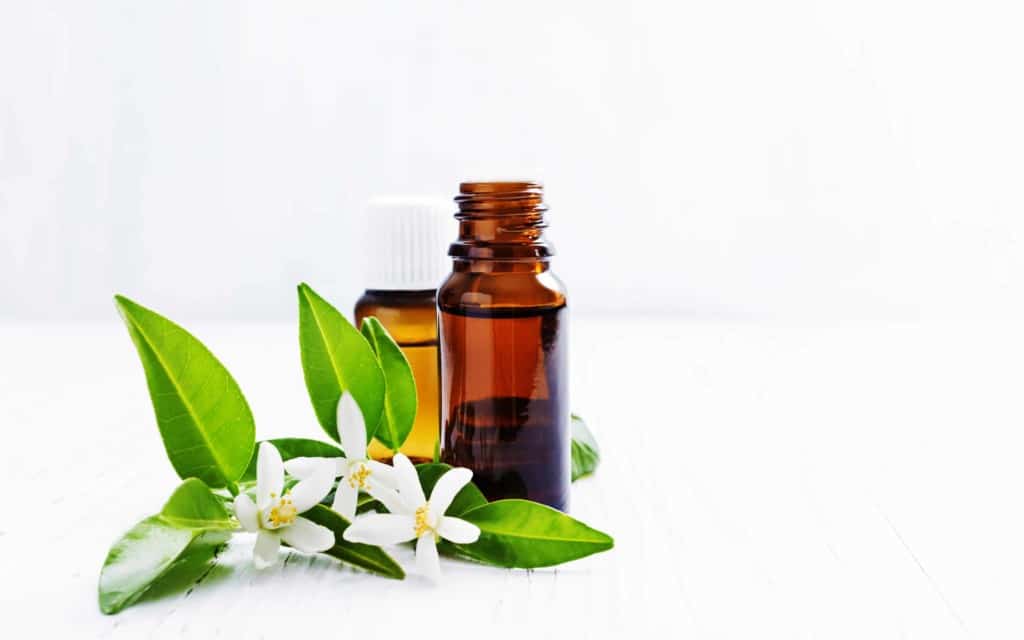
8. Neroli
Neroli is another go-to option when it comes to choosing good essential oils for sleep. Once again, this substance isn’t as well known as some of the other essential oils that help you sleep. That doesn’t make it any less effective. Neroli oil comes from the flower of a bitter orange tree, and it has a warm and spicy scent.
Often, neroli works best when it’s combined with other natural oils like lavender and chamomile. Studies suggest that this substance can be very calming, and may even help to lower blood pressure levels, particularly in women.
This essential oil has a sweet and refreshing taste. It’s an excellent choice for your teas and elixirs as part of a common nighttime routine. Neroli oil also has a history of use for things like depression and stress.
9. Sweet marjoram
Sweet marjoram is a comforting oil with sedative properties. It helps to induce sleep and a popular home treatment for sleep conditions.
If you are looking for an essential oil for snoring, marjoram might be helpful. It has properties that help break up some of the mucus obstructing your breathing during the night.
Over the years, this substance has been commonly relied upon to fight off issues like indigestion and infection. Some people even rely on marjoram to deal with the common cold.
Research into this plant suggests it could be even more versatile than we thought. For instance, studies indicate it may be particularly good for people who work challenging schedules.
A study published by the Complementary and Alternative Medicine Group found that sweet marjoram could be used in massages for nurses working night shifts. In this case, the results showed a significant improvement in the sleep quality of the nurses using the essential oil.
10. Cedarwood
Cedarwood essential oil probably isn’t one of the first options you think of when you’re looking into which essential oils are best for sleep.
However, one of the primary components in cedarwood essential oils, cedrol, has been found during preliminary studies to create a sedative effect.
One study involving around 178 women found that the pupil diameter measurement called the miosis rate increased after cedarwood aromatherapy. This miosis rate reflects nervous system activity, suggesting that cedrol could have a sedative effect.
Another study into adults with dementia found that essential oils including cedarwood could improve total sleep time. The people using the cedarwood essential oils were less likely to wake up earlier than normal in the mornings.
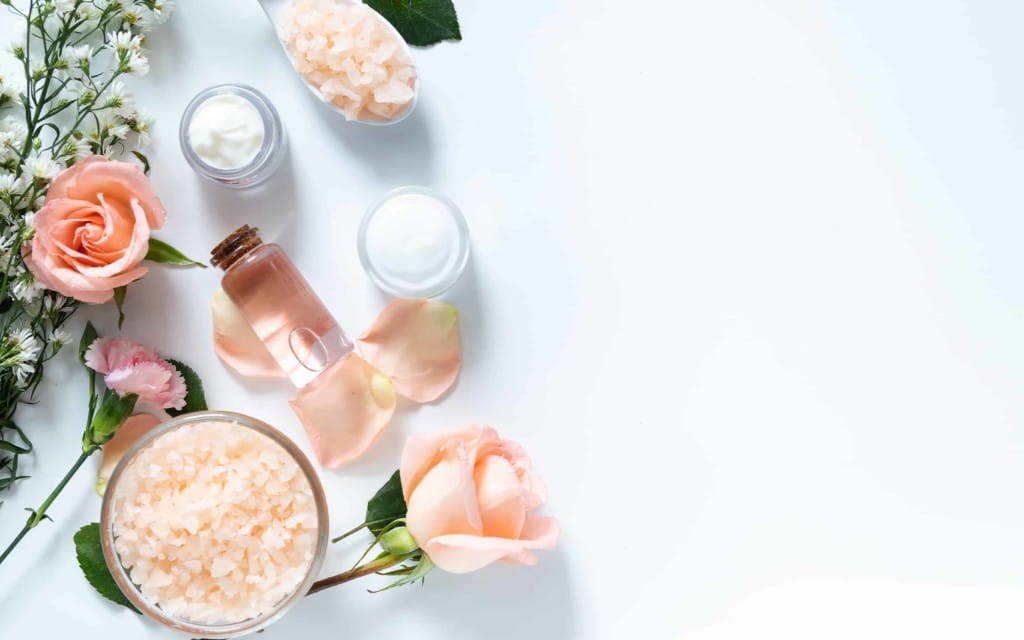
11. Rose
There’s a reason so many people love the scent of rose. Even if you haven’t invested in essential oils that help you sleep, there’s a good chance you have some rose essential oil located somewhere in your health and beauty products. It is very common throughout a range of perfumes, moisturizers and night creams.
Rose essential oil is more than just a sweet and relaxing scent; it’s also been proven to relieve symptoms of anxiety, depression and stress in a wide variety of people.
According to one study published by the Red Crescent medical journal, rose aromatherapy reduces anxiety by minimising sympathetic stimulation in the nervous system. .
You can add a couple of drops of rose essential oil to your bath water for a deeply relaxing bathing session before bed. Alternatively, try using it as part of your nighttime beauty routine if you prefer creams to oils.
12. Frankincense
Finally, you’re probably familiar with the frankincense essential oil from biblical stories, and nativity plays. There’s a lot to tell about the special frankincense smell.
Frankincense has been used throughout the centuries to treat a wide range of issues and ailments, from physical conditions to problems with mental illness. Frankincense is the king of essential oils.
As an essential oil it makes an excellent sleep ritual addition to your nighttime routine. Frankincense is sedative and makes you feel satisfied and spiritual. To prepare you for sleep, this oil is a great choice.
You can also combine frankincense oils with some of the other best essential oils for stress and sleep. For instance, some people use frankincense with catnip to help calm the nervous system further.
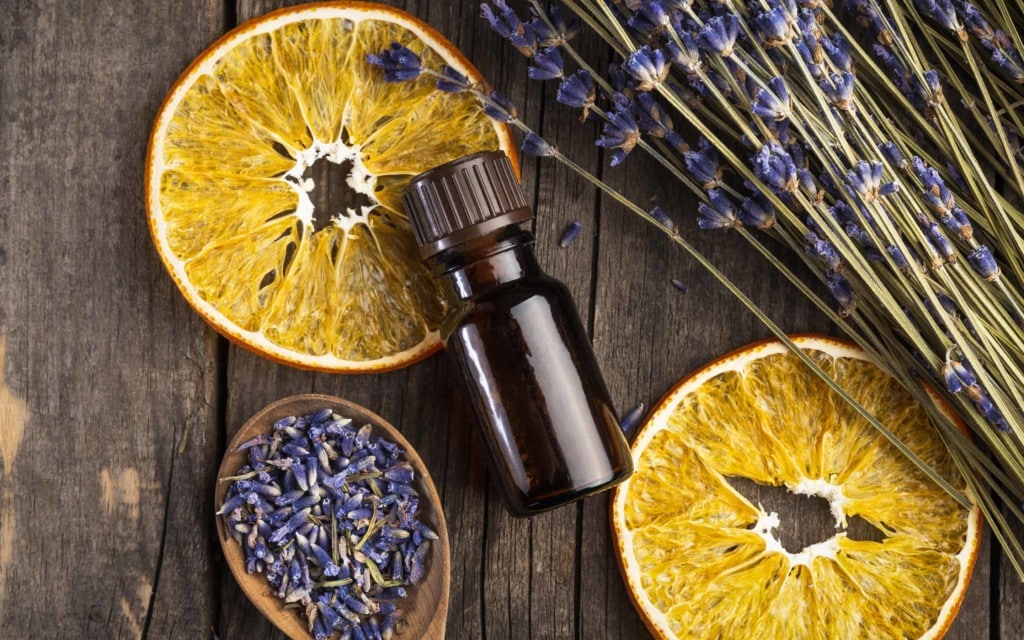
Which essential oils are best for sleep?
As you can see from our list above, there are a lot of great essential oils that help you sleep. Some people will prefer to stick with traditional options like lavender and chamomile, whereas others will create their own essential oils recipe using a blend of different substances.
The critical thing to remember is that finding the best essential oils for sleep and anxiety isn’t always easy. It will take some time before you find the solution that’s best for you.
Additionally, because a lot of essential oils are extremely potent, you’ll need to be cautious when using your aromatherapy strategies. Don’t take any oils internally without the approval of a health professional. Make sure you blend your oils with a carrier oil before applying them to your skin.
Another thing to keep in mind is that while there are some essential oils specifically suited to encourage better sleep, others can make it more difficult to drift off.
Do your research before you start using any essential oils in your bedtime ritual. Once you find the solution that works best for you, stick to it as part of your regular nighttime routine.
Siestio. Sleep Matters.
General advice disclaimer
This article contains general tips and advice. However, no diet or exercise program should be started without consulting your physician or other industry professional first. For more information read our full disclaimer here.

